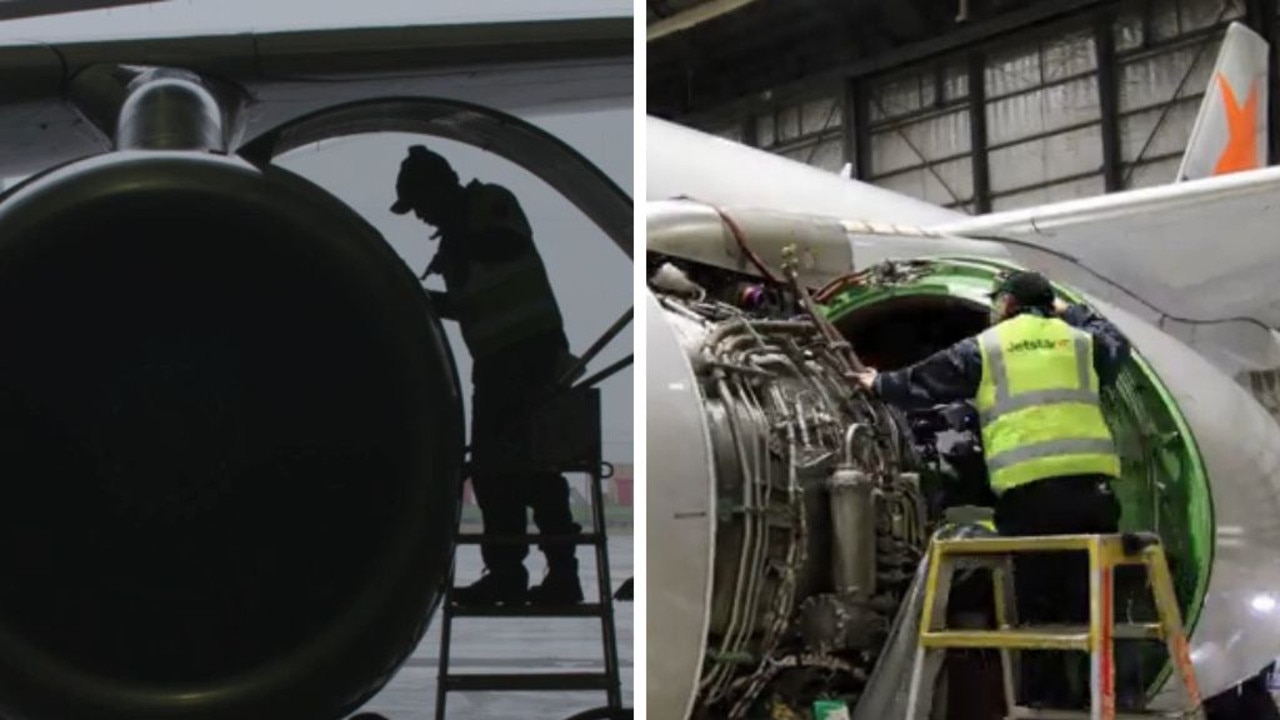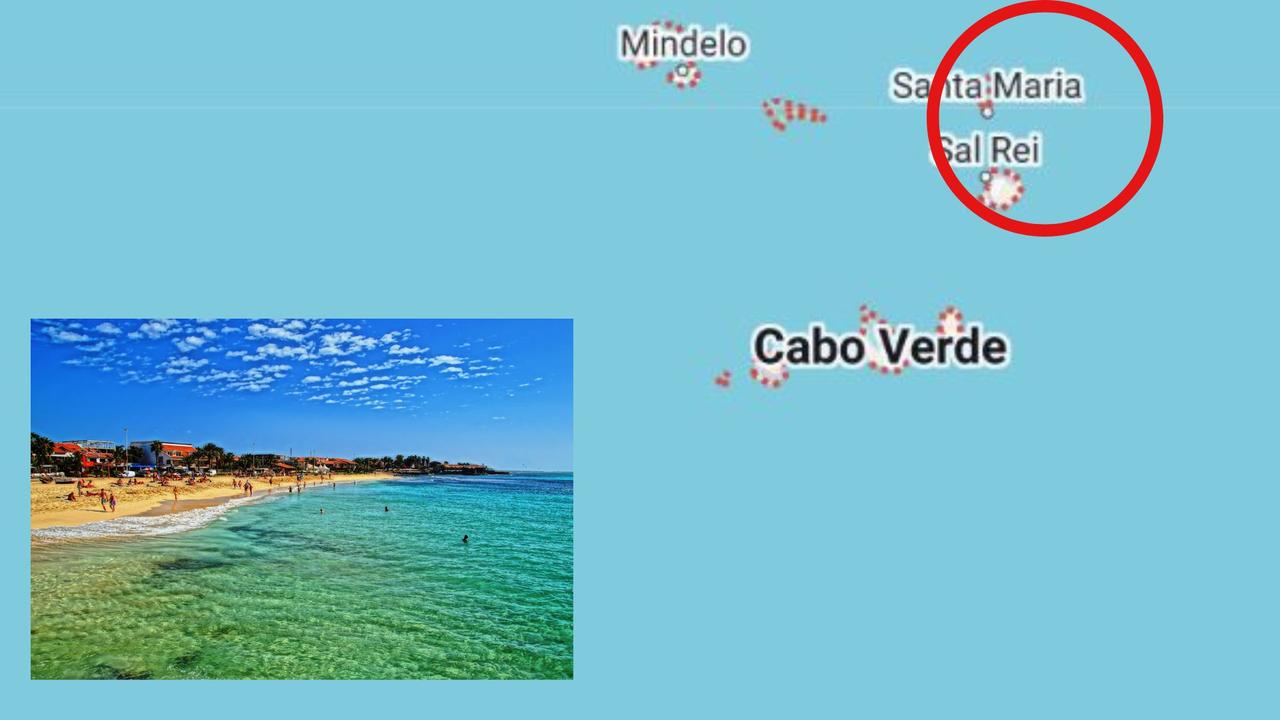Isle of beauty becomes isle of rubbish
HORDES of tourists flock to this Mediterranean jewel for its vast beaches and mountain vistas. However, they are accused of leaving a “crisis” in their wake.

CORSICA, France’s lush and feisty Mediterranean “isle of beauty” as it’s known, has another nickname: the “scented isle” for its dense fragrant shrubs.
Of late, the moniker has taken on a tongue-in-cheek twist with the island facing a massive garbage problem.
The crisis has jettisoned Corsica back into French news headlines thanks to overflowing landfills and malodorous garbage left by the hordes of tourists who flock to the Mediterranean jewel known for its vast sandy beaches, mountain vistas and rare animal and plant life.
Residents and tourists produce more than 300,000 tonnes of garbage annually on Corsica, or the equivalent of more than 100,000 cars, and landfills are reaching capacity.
Rampant construction on the island also contributes vast amounts of waste.
The rubbish problem got so bad a union shut the landfills and halted collections before finally agreeing to return to work late last month — for the time being.
A burgeoning population contributes to the growing garbage piles, with about 4000 new residents arriving each year — adding to the 310,000 inhabitants already on the island.
It is not uncommon to see garbage bags in coastal nature reserves and piled up after mobile homes come through.
The crisis of overflowing bins is largely blamed on foreign holiday-makers.
During peak tourist season, the population increases tenfold, and around 20 per cent of those tourists are foreigners.
Several hikers have been fined for leaving trash on trails, particularly on the popular GR20 — which crosses Corsica diagonally north to south and is considered one of Europe’s most beautiful mountain trails — frequented by thousands of tourists every year, according to Michel Acquaviva, head of parks on the island.

Acquaviva said some of the foreign tourists may feel “intoxicated by a smell of freedom” on the island and dispose of their waste without thinking of the consequences.
But that “smell of freedom” is quickly going off.
Some landfills, already saturated with rubbish from surrounding neighbourhoods, are refusing to take waste from other regions. France’s Environment Minister Segolene Royal has called for action and urged for more regulation, calling the waste problem “particularly critical on Corsica”.
Only about 20 per cent of Corsica’s waste is recycled, which is close to the national average but well below countries like Germany (47 per cent) and Slovenia (55 per cent), according to EU’s statistics agency Eurostat.
This is primarily because waste is not sorted — so people end up tossing everything into the same bin and it ends up in the same place.
Some towns are taking the issue into their own hands.
The small village of Girolata, on the western coast of Corsica, recycles about 80 per cent of its rubbish, thanks to an efficient sorting system.
The town’s program works so well it attracts official delegations, inspired by its waste management model.

According to Mayor Francois Alfonsi, Girolata has invested $550,000 in waste sorting and treatment.
Royal said Corsica could dramatically reduce waste by sorting at the source. That means sorting out plastics, glass and paper before waste goes to the landfill.
Royal also supported a treatment facility for Corsica, a move some environmentalists have criticised.
“How can Ms Royal denounce mechanical biological treatment in Paris and defend it here?” said the spokeswoman of the collective against incineration in Corsica, Marie-Dominique Loye.



